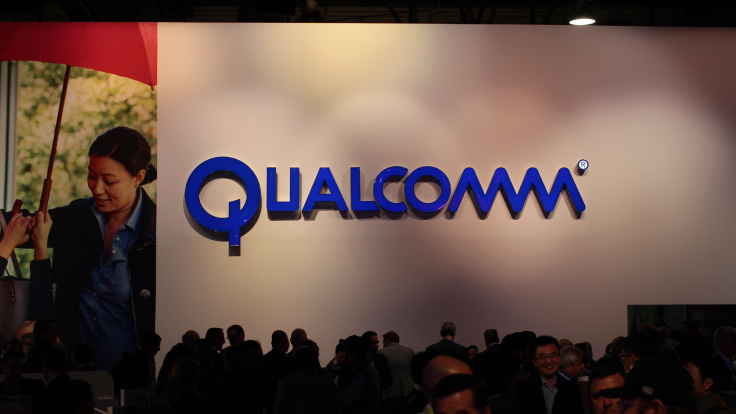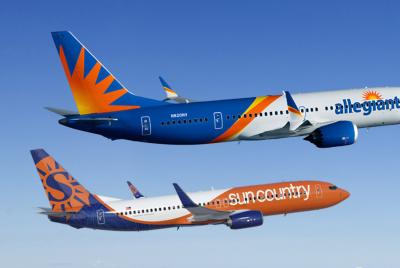New Qualcomm Lawsuit Could Lead To Almost £500 Million Payout — Who are Eligible?
Who are affected by Qualcomm's alleged overcharges?

A major court battle has begun in London as consumer rights group Which? takes chip giant Qualcomm to trial. The Qualcomm lawsuit, launched at the Competition Appeal Tribunal on 6 October 2025, accuses the US-based tech firm of abusing its market dominance and overcharging phone makers such as Apple and Samsung.
The outcome could see nearly 30 million Britons automatically eligible for compensation worth up to £480 million. The case covers smartphones bought between 1 October 2015 and 9 January 2024. But how did a fight over mobile chips turn into one of the UK's biggest collective claims?
Which? Vs. Qualcomm
Which? is a leading consumer organisation in the UK that advocates for fair treatment and transparency for shoppers. It began this legal claim after alleging that Qualcomm's licensing fees unfairly inflated smartphone prices for millions of people.
In May 2022, the Competition Appeal Tribunal allowed Which? to represent about 30 million affected consumers. The Tribunal called the organisation 'the appropriate representative' for the collective claim.
Anabel Hoult, chief executive of Which?, said the case aims to secure justice for consumers. She added (via Which?'s official announcement): 'If Qualcomm has abused its market power it must be held to account.'
The group now encourages the public to register for updates through its official website, smartphoneclaim.co.uk.
Qualcomm Accused of Overcharging Apple, Samsung
According to Which?, Qualcomm used its dominant position in the 4G smartphone chipset market to impose inflated fees on Apple and Samsung. These higher costs, the organisation argues, were passed on to consumers through increased handset prices.
The claim suggests Qualcomm's actions breached UK competition law by forcing companies into paying unfair royalties for essential technology.
A Qualcomm spokesperson denied the allegations, stating: 'We disagree with today's ruling, though it is strictly procedural and not supportive of the plaintiff's meritless assertions.'
The company said the claims mirror an old case brought by the US Federal Trade Commission, which Qualcomm won in 2020 after a unanimous decision by the Ninth Circuit Court of Appeals.
Still, the UK Tribunal ruled the case should proceed, citing the potential benefits to consumers during a difficult economic period.
Who Are Affected?
Roughly 29 to 30 million people in the UK could receive compensation. Anyone who purchased a new Apple or Samsung 4G smartphone between 1 October 2015 and 9 January 2024 qualifies. This includes phones bought through mobile contracts.
Second-hand or refurbished devices are not covered. Those eligible are automatically part of the claim unless they opt out. To stay informed, consumers can check updates on smartphoneclaim.co.uk.
The Tribunal estimated that compensation may range from £16 to £17 per person, depending on how many devices they owned.
Which? Taking Qualcomm to Trial
The five-week trial at the Competition Appeal Tribunal will examine whether Qualcomm held excessive market power in the 4G chipset industry and whether it misused that position to demand unfair royalties.
If Which? proves its case, a second trial will decide how much Qualcomm must pay in damages. Hoult urged affected individuals to stay engaged, saying, 'We now urge everyone who thinks they may be affected to visit smartphoneclaim.co.uk to find out more about the claim and sign up for updates.'
Almost £500 Million in Payout
The collective payout could reach nearly £500 million. If successful, around 29 million Apple and Samsung users in the UK may receive about £17 each.
Consumers do not need to take action to claim their share as they are automatically included unless they opt out.
The Tribunal noted that even though the payout per person seems small, its overall impact could be substantial. It stated, 'Given the cost-of-living challenges faced by many consumers, we do not consider that an average claim of £16–17 per consumer is such a small sum that take-up is inherently likely to be limited.'
For now, Qualcomm maintains its innocence, but for millions of smartphone users, this case could mark a significant win in the fight for fair pricing.
© Copyright IBTimes 2025. All rights reserved.





















